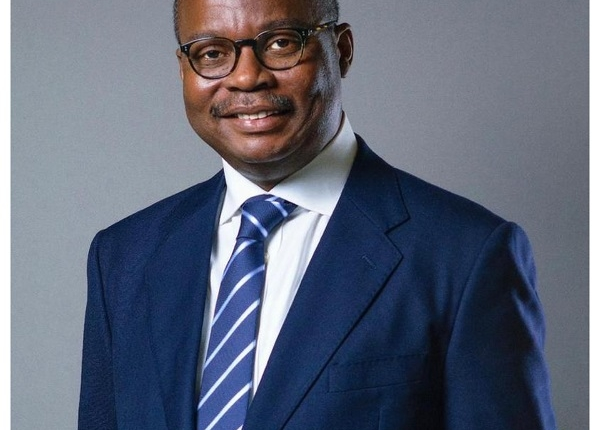For the third consecutive time, the Bank of Ghana (BoG) has maintained the Monetary Policy Rate at 29 percent.
This decision, announced by BoG Governor, Dr. Ernest Addison followed the 119th meeting of the Monetary Policy Committee (MPC).
The policy rate, a benchmark interest rate set by the Central Bank, is the rate at which commercial banks can borrow from the BoG. It serves as a crucial monetary policy tool to influence short-term interest rates and control the money supply in the economy.
Maintaining the policy rate at 29 percent implies that the reference rate for lending by commercial banks remains unchanged. This rate directly impacts the cost of borrowing for businesses and consumers, influencing economic activity. By keeping the rate steady, the BoG aims to balance the need for economic growth with the goal of controlling inflation.
Despite observing downward trends in most core inflation measures and inflation expectations, the BoG remains cautious due to uncertainties surrounding macroeconomic indicators.
Dr. Addison explained that the GDP growth outturn for the first quarter of 2024 was stronger than expected, reflecting pliability in economic activity despite a generally tight policy stance.
The latest GDP data released by the Ghana Statistical Service, along with an upward revision of growth estimates, supports this observation. High-frequency indicators of economic activity, which provide more recent data, also suggest stronger growth outcomes.
However, consumer and business confidence sentiments have softened, driven by the rapid exchange rate depreciation observed in May and high food prices in June 2024. Dr. Addison noted that as the exchange rate stabilizes and macroeconomic stability takes hold, these sentiments are likely to reverse, further supporting economic activity.
Inflation and Monetary Policy
While inflation is expected to remain within the target year path, the risks are slightly tilted to the upside. This scenario necessitates a strong monetary policy stance, supported by robust fiscal consolidation efforts, to ensure that the end-year inflation objectives are achieved.
Dr. Addison emphasized the need for vigilance in maintaining this policy stance, stating, “Given these considerations, the Committee decided to maintain the policy rate at 29 percent.”
The decision to maintain the policy rate is also influenced by the broader economic context. The Ghanaian economy has shown resilience, with stronger-than-expected GDP growth in the first quarter of 2024.
This resilience is evident despite the tight monetary policy stance that aims to control inflation and stabilize the economy. The upward revision of growth estimates by the Ghana Statistical Service further underscores the economy’s strength.
The rapid exchange rate depreciation in May and high food prices in June 2024 have impacted consumer and business confidence. However, as the exchange rate stabilizes and macroeconomic stability is restored, these confidence levels are expected to improve. This improvement in sentiment is crucial for sustaining economic activity and achieving the desired economic growth.
As the exchange rate stabilizes and confidence levels improve, the economy is poised for sustained growth. However, continued vigilance and strong fiscal consolidation efforts will be essential to achieving the end-year inflation objectives and maintaining overall macroeconomic stability.


Comments are closed.